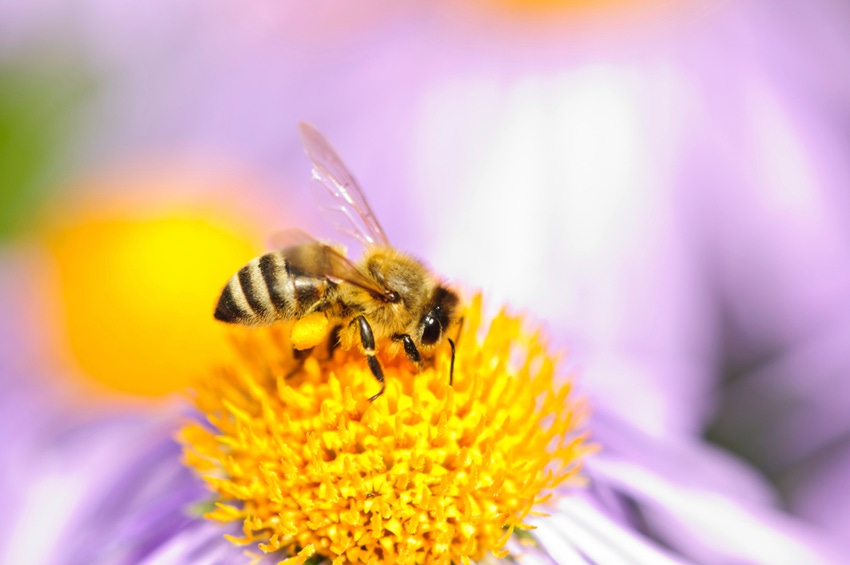5@5: Soy farming starves honeybees | Mexico bans glyphosate
Each day at 5 p.m. we collect the five top food and supplement headlines of the day, making it easy for you to catch up on today's most important natural products industry news.
November 26, 2019

How conventional soy farming starves honeybees
While all commodity crop production is detrimental to honeybee populations, conventional soy farming in particular is depleting the quantity and variety of foods that honeybees typically rely on in the U.S. Researchers found that honeybee colonies near conventional soy farms are turning to their food stores for sustenance as early as August, making them far less likely to survive the winter. Read more at New Food Economy…
Mexico bars shipment of glyphosate pesticide
This week Mexico's environment department barred a 1000-ton shipment from entering the country because of "health and environmental concerns." Meanwhile, glyphosate remains in use stateside even as the amount of successful lawsuits from people who claim the herbicide causes cancer continues to grow. Read more at Reuters…
Is lab-grown turkey in your Thanksgiving future?
A poultry expert familiar with lab-grown meat of all varieties has come to the conclusion that turkey cells are "the ideal platform for making cultured meat" and that there are fewer quality control problems with growing cells from poultry than there are with red meat. But will consumers ever forgo traditional turkey for the holidays? That remains to be seen. Read more at Civil Eats…
Concerns after Waitrose reintroduces plastic packaging at 'green' Botley Road, Oxford, branch
Shoppers at Waitrose are alarmed after discovering the supermarket is once again offering plastic bags in place of paper ones. They also noted that the supermarket has not yet made good on its promise to reduce plastic packaging in the produce section. Read more at Bicester Advertiser…
How pro-meat Twitter scrambled the rollout of the Planetary Health Diet
After the planet-friendly, plant-heavy Planetary Health Diet was unveiled by Harvard-backed institution EAT-Lancet, meat-eaters were "especially vocal" about the drawbacks of the diet and the study. And this had an unforseen and potent effect on how many people ended up skeptical about the diet's validity and ability to be implemented on a large scale. Read more at Quartz…
You May Also Like


